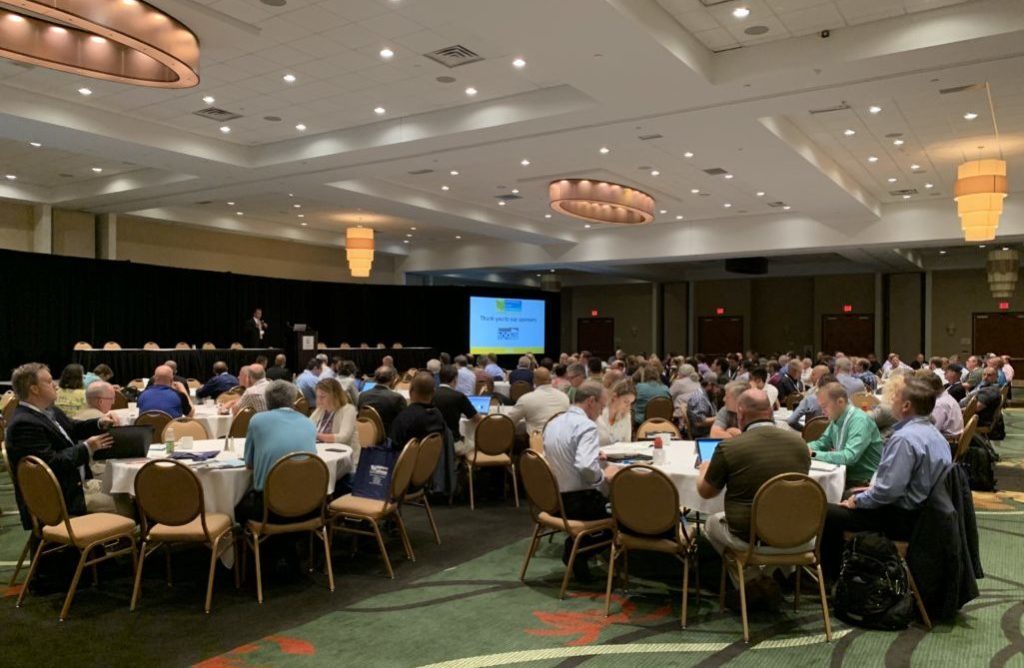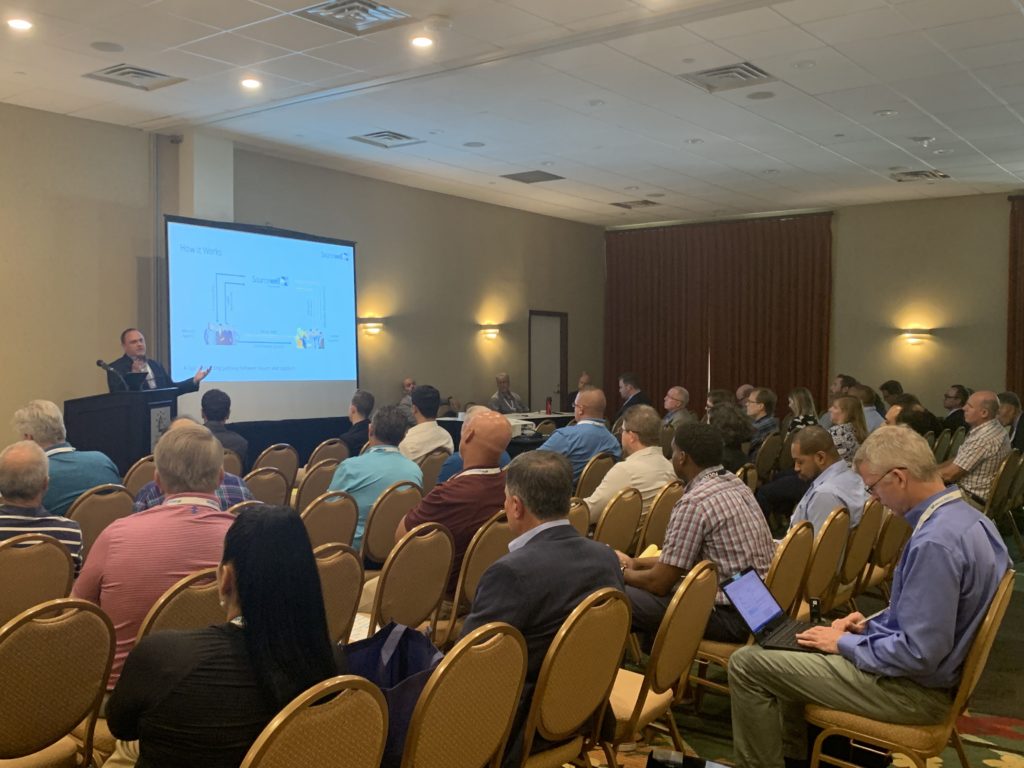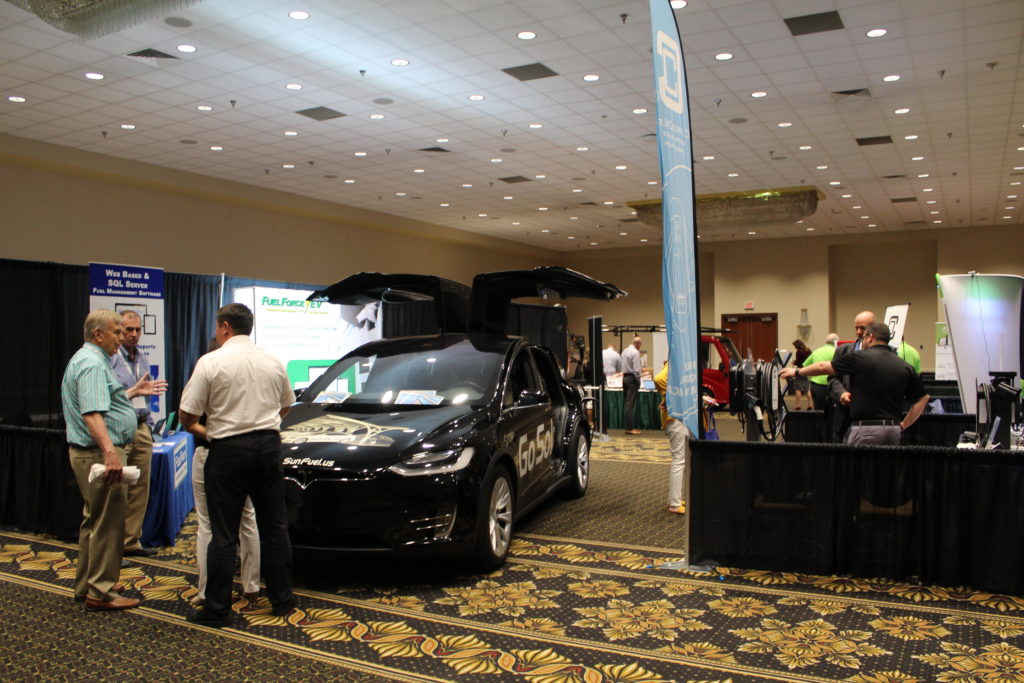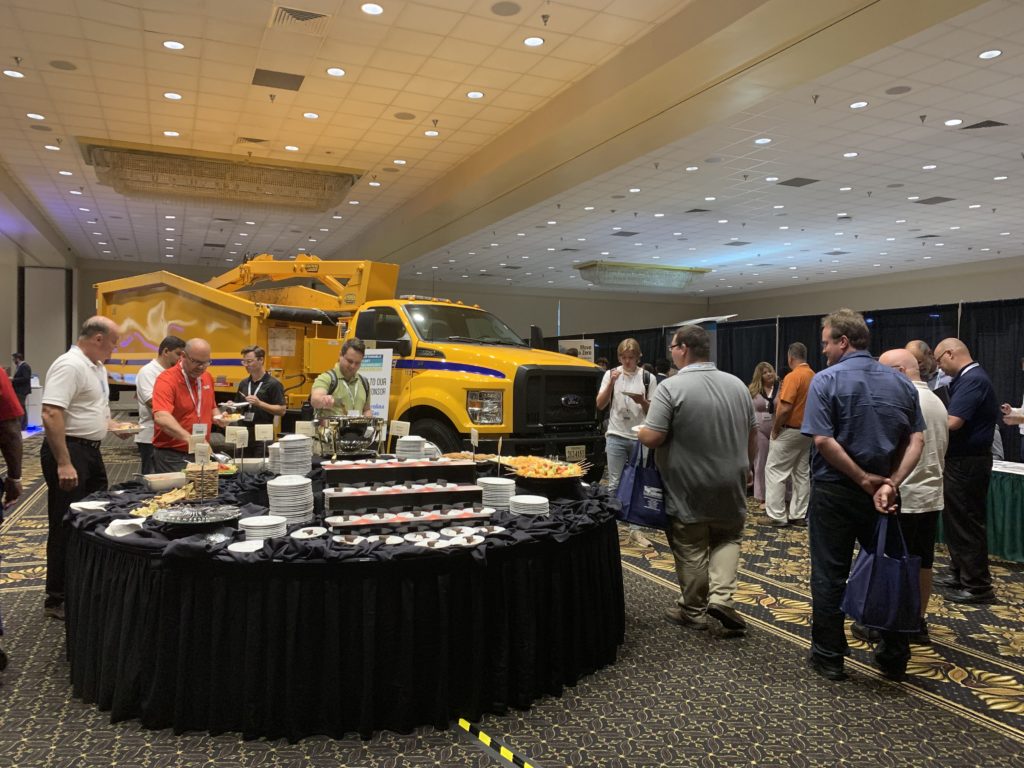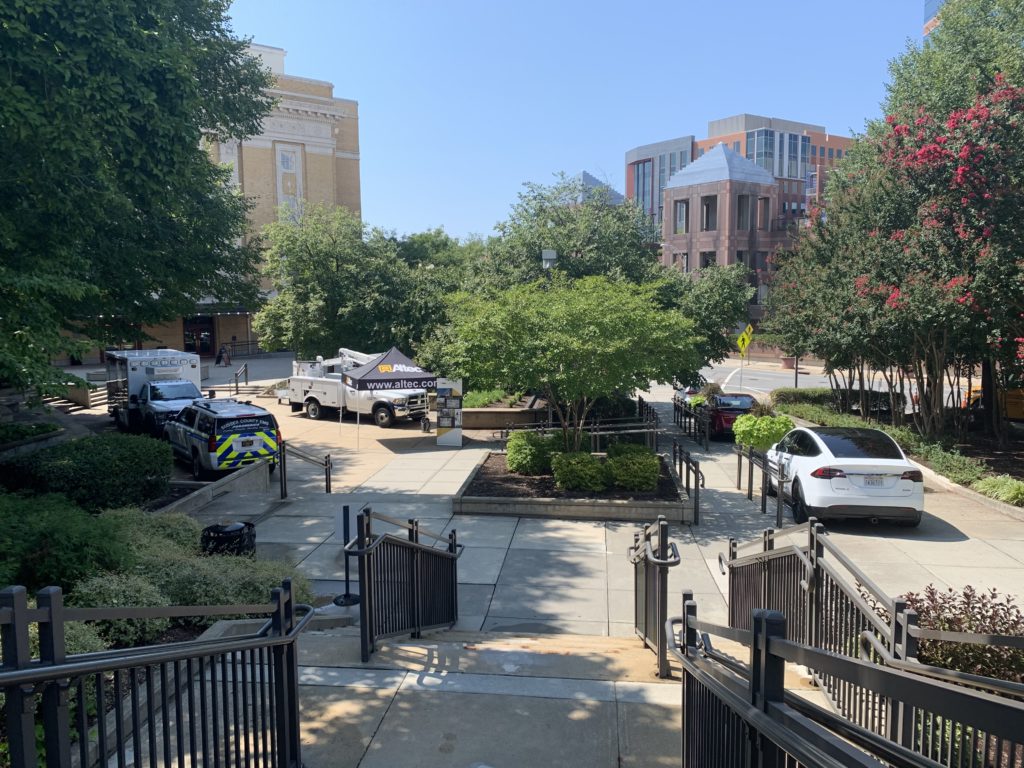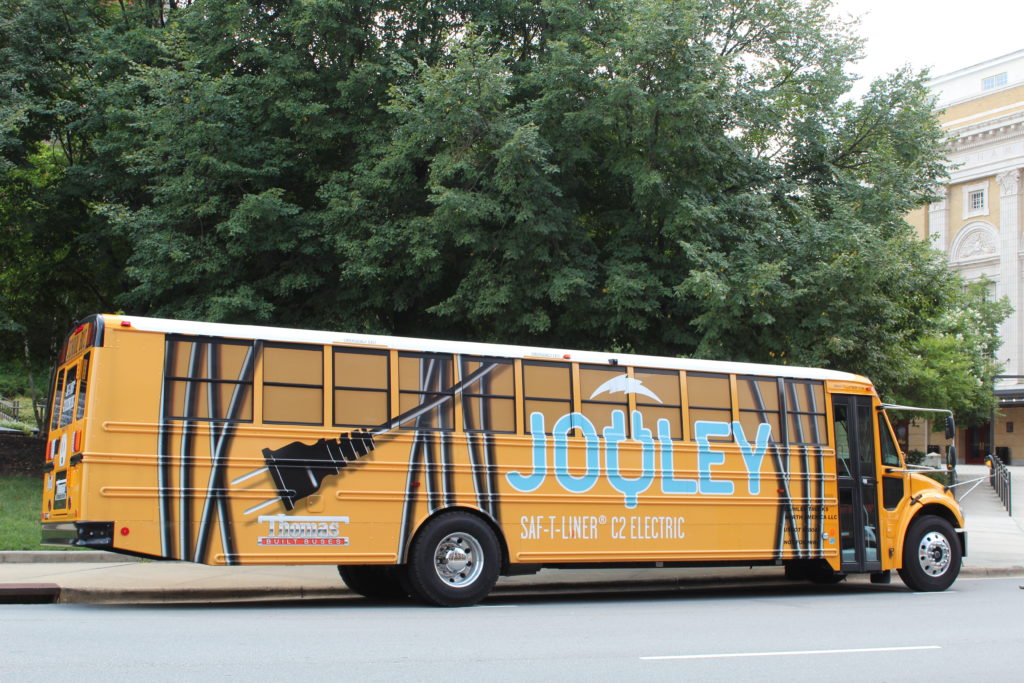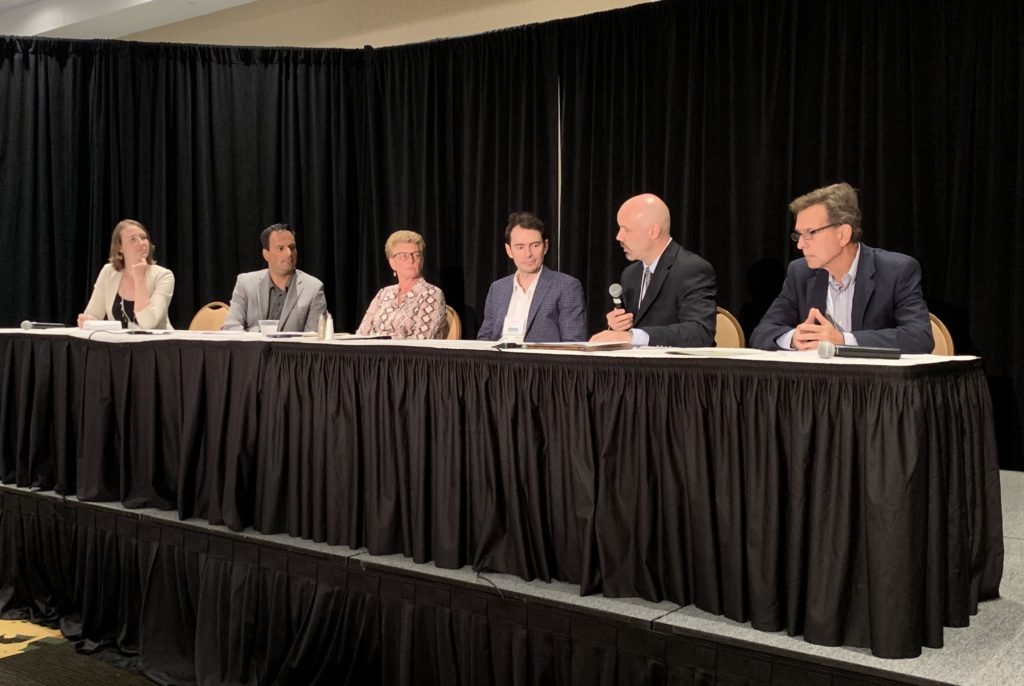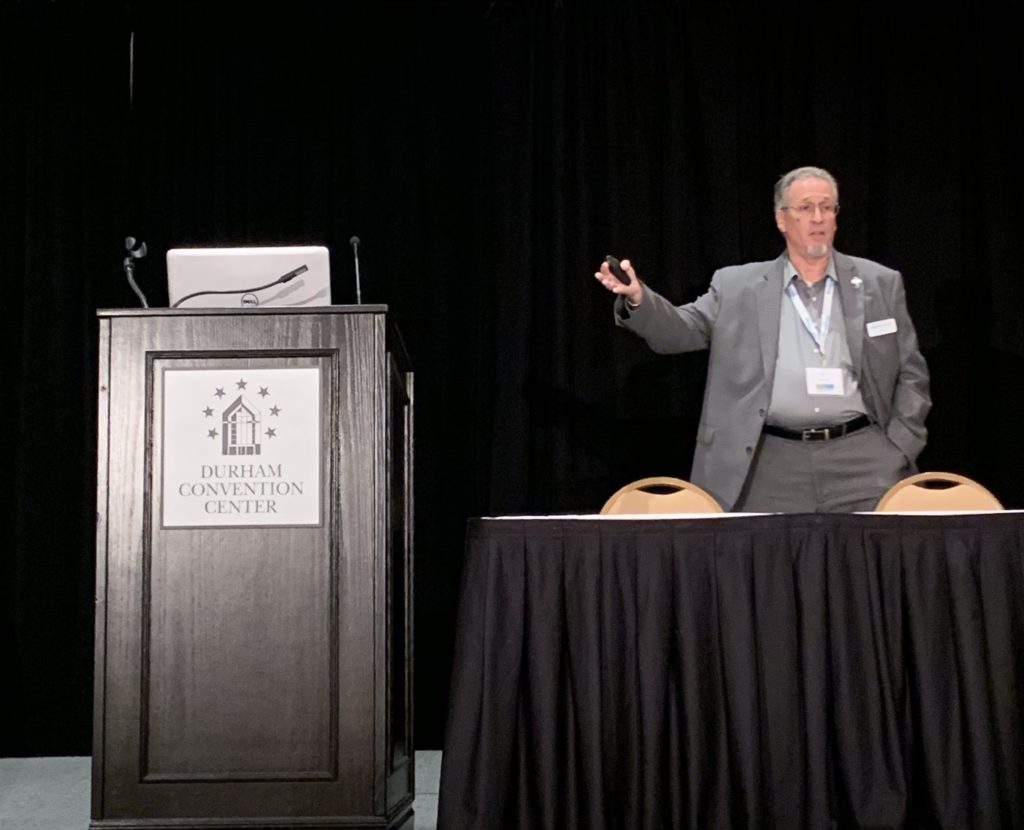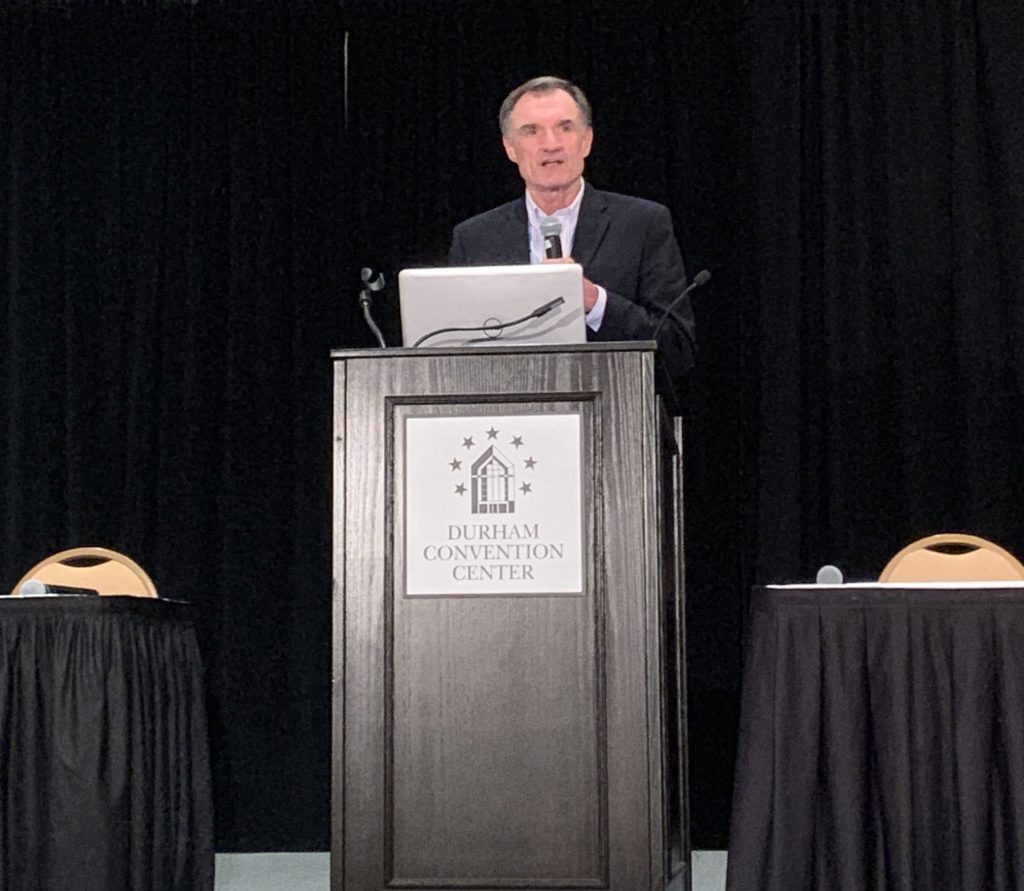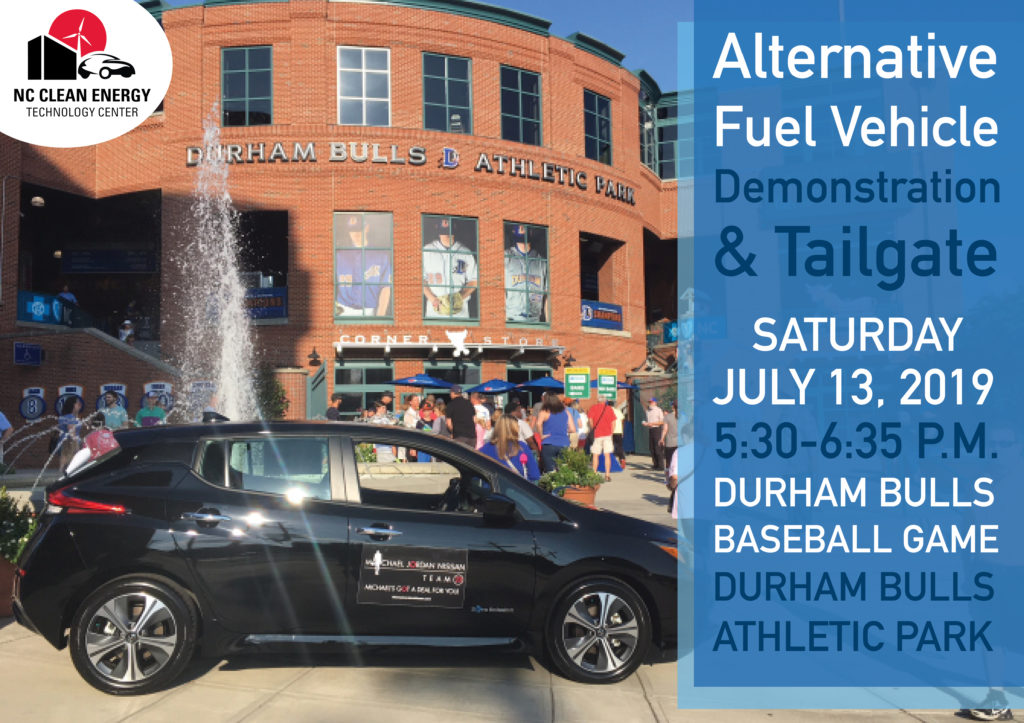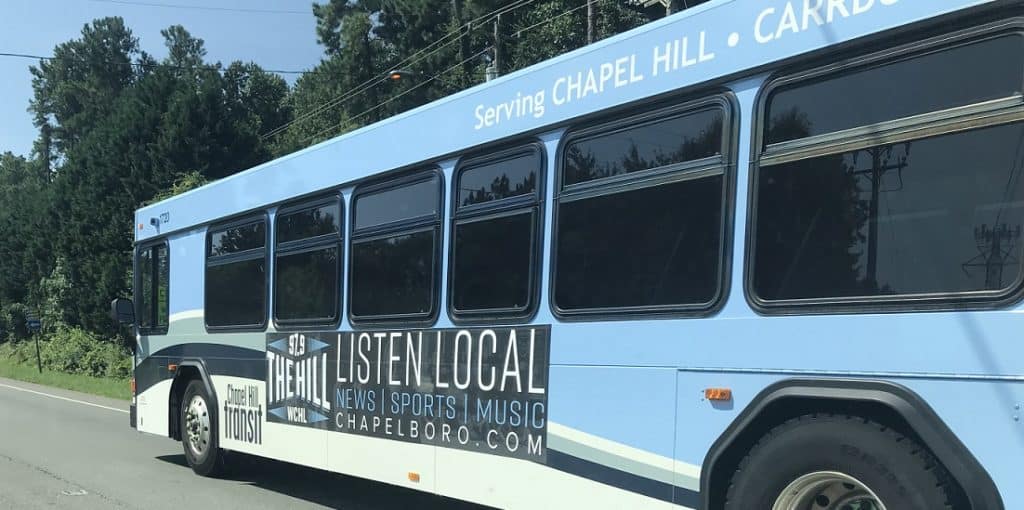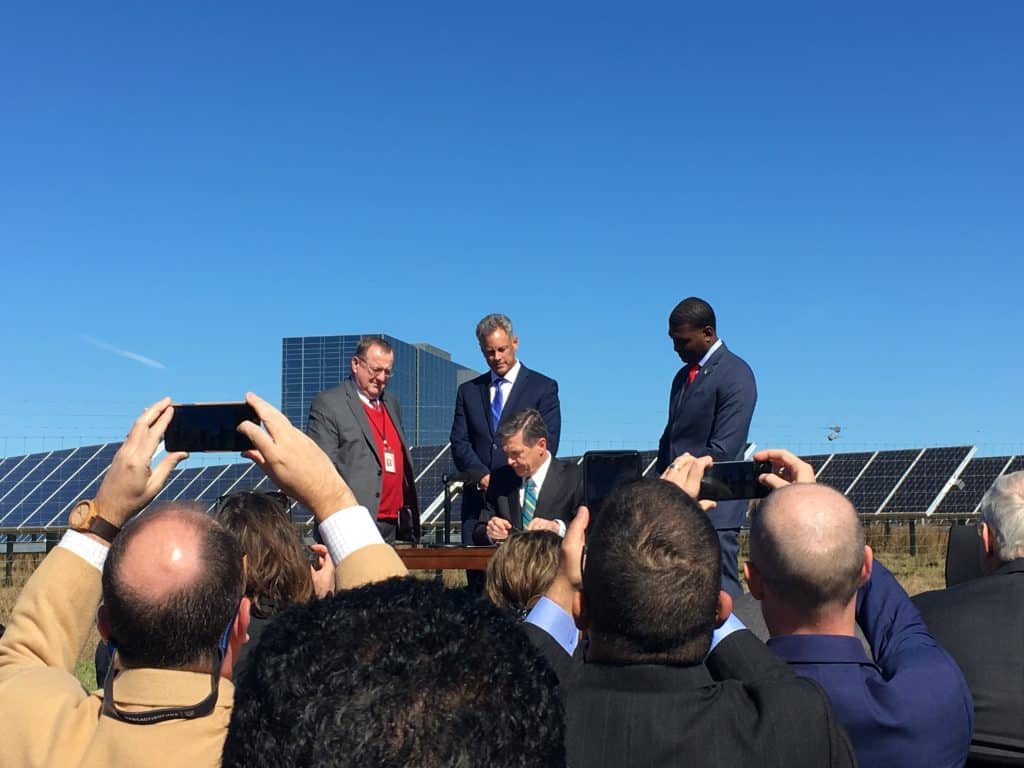The North Carolina Clean Energy Technology Center (NCCETC) at NC State University welcomed hundreds of attendees celebrating Earth Month for two Clean Transportation Demonstration Days as well as several vehicle displays and Ride & Drive events hosted throughout April.
The Clean Transportation program at NCCETC hosts Ride & Drive and Vehicle Displays for a variety of audiences to provide an opportunity for attendees to learn more about clean transportation technologies including electric vehicles (EVs) and other alternative fuel vehicles (AFVs), along with dealers and local EV drivers onsite to answer questions about the driving experience behind the wheel of an EV.
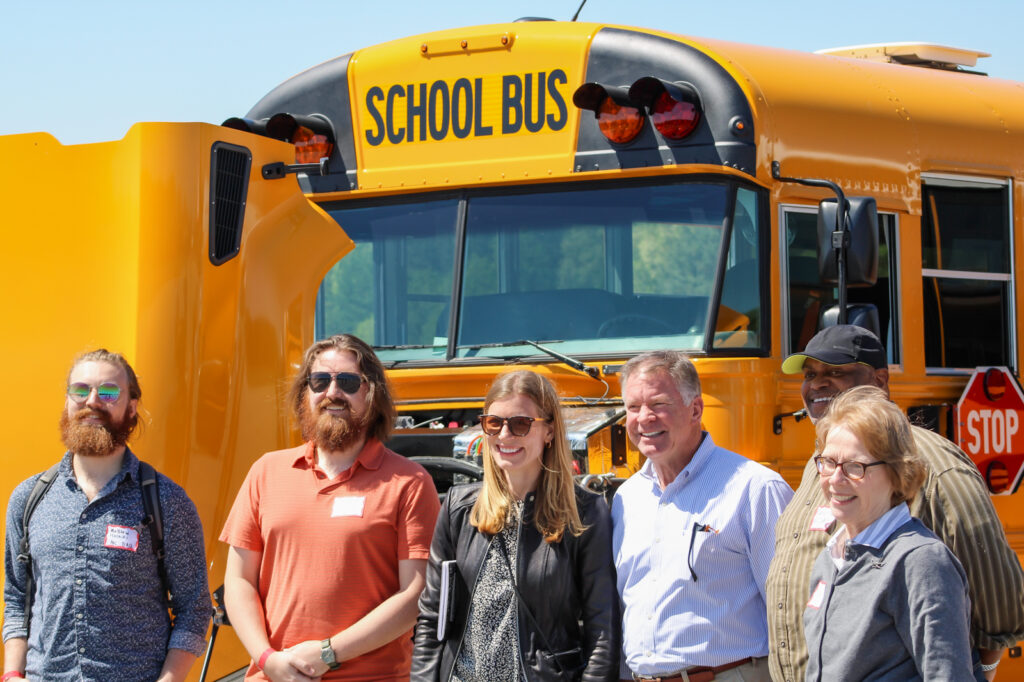
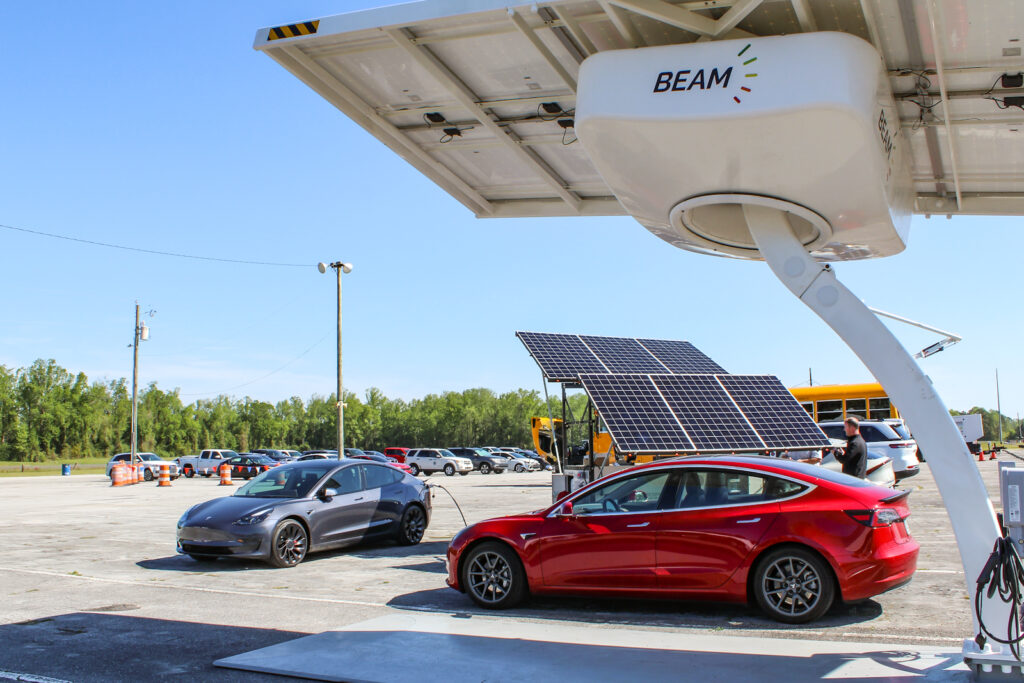
On April 11 and 12, NCCETC’s Clean Transportation program hosted two Demonstration Days ‒ one in Garner, North Carolina and another in Jacksonville ‒ to give government entities across North Carolina and the Southeast the opportunity to access information and experience with clean transportation technologies.
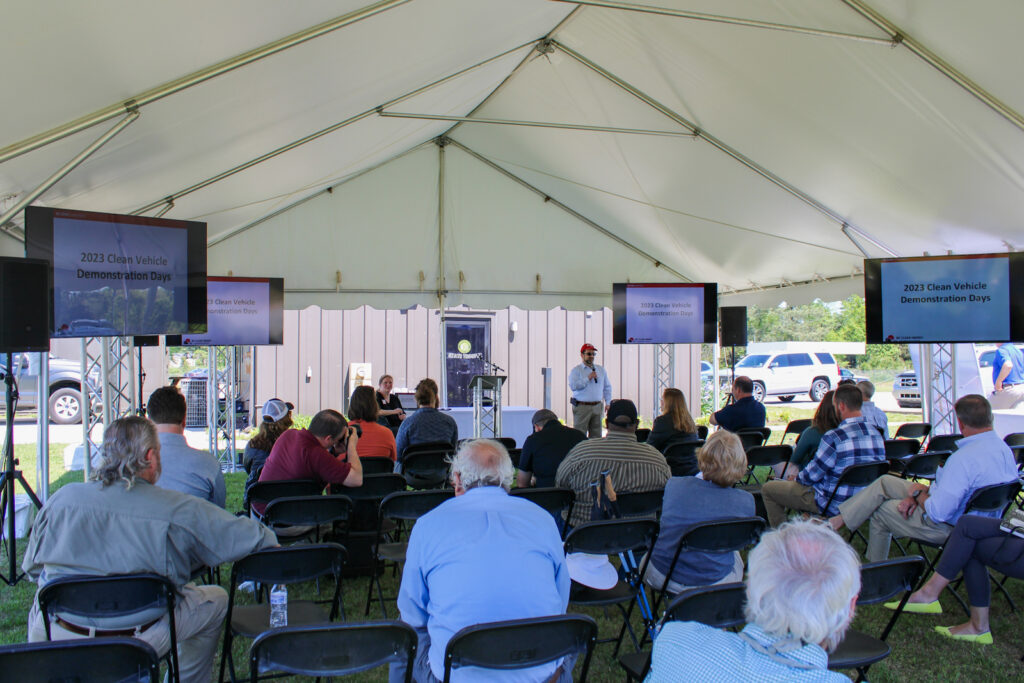
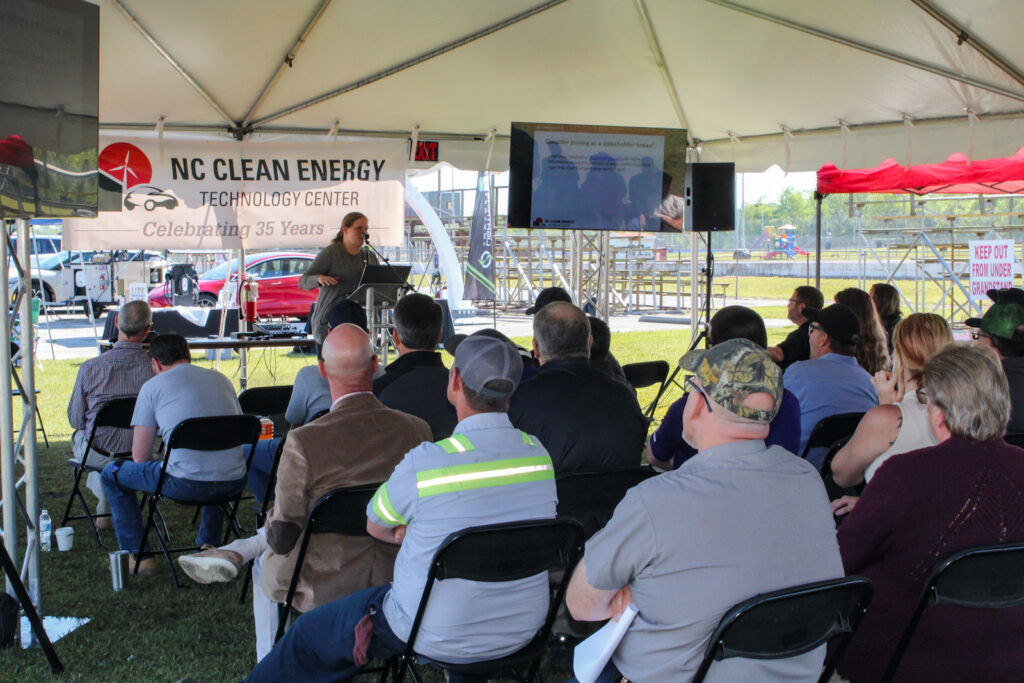
Attendees were able to hear real-world case study results and learn about the U.S. National Blueprint for Transportation Decarbonization during the classroom instruction portion of the event. Key speakers and presentations included NCCETC’s Executive Director Steve Kalland, Heather Hildebrandt of the NC Department of Transportation, Annie Lee from the Triangle J Council of Governments’ Clean Cities Coalition, Sam Spofforth of the National Renewable Energy Laboratory, and representatives from companies leading the way in alternative fuel options, technologies, and more.
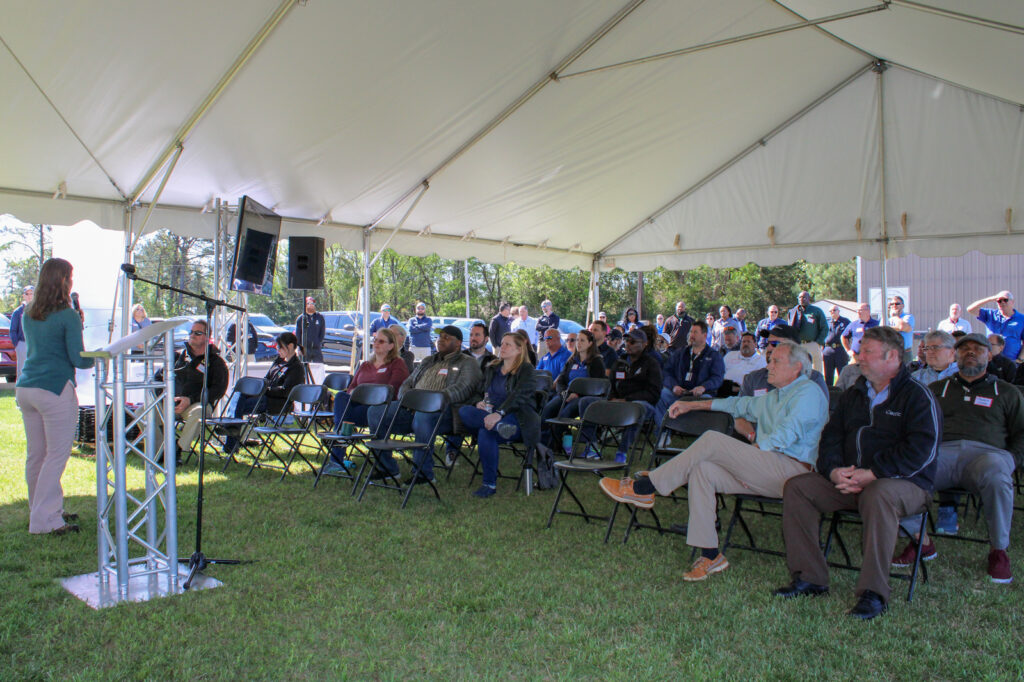
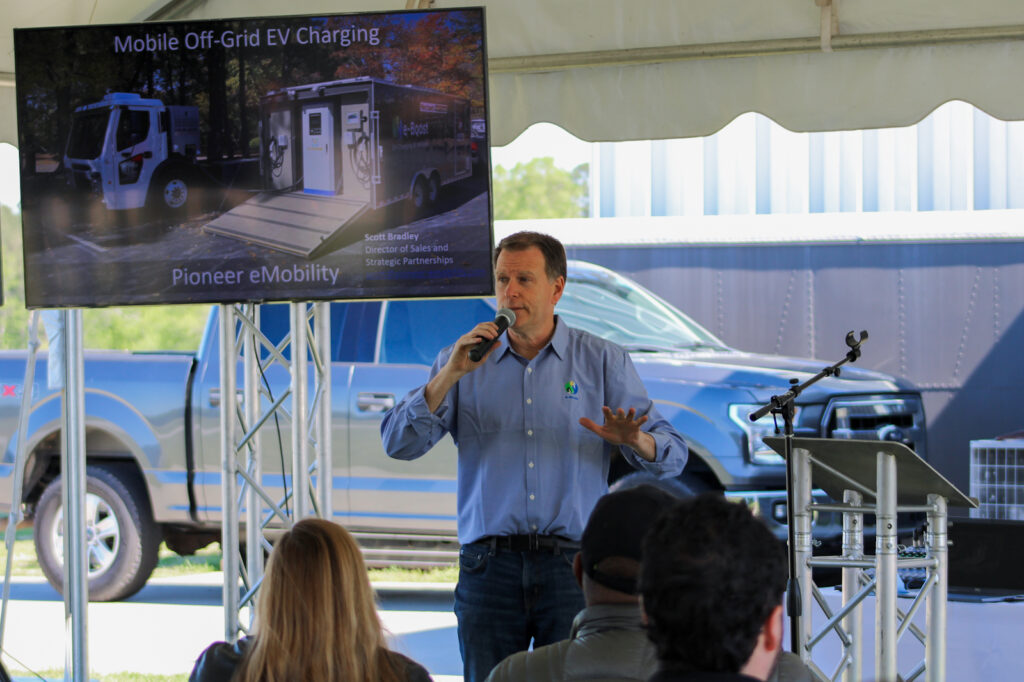
Speakers from Alliance Autogas, Potter EV, Cenntro, Cary Cartco, Pioneer eMobility and Electrify EVSE presented on topics such as telematics, safety, idle reduction technologies, vehicle electrification, and other strategies that improve fleet sustainability. The Southeast Propane Alliance and Propane Education and Research Council were also sponsors of the event. An overview of the presentation slides are available to download on NCCETC’s website.
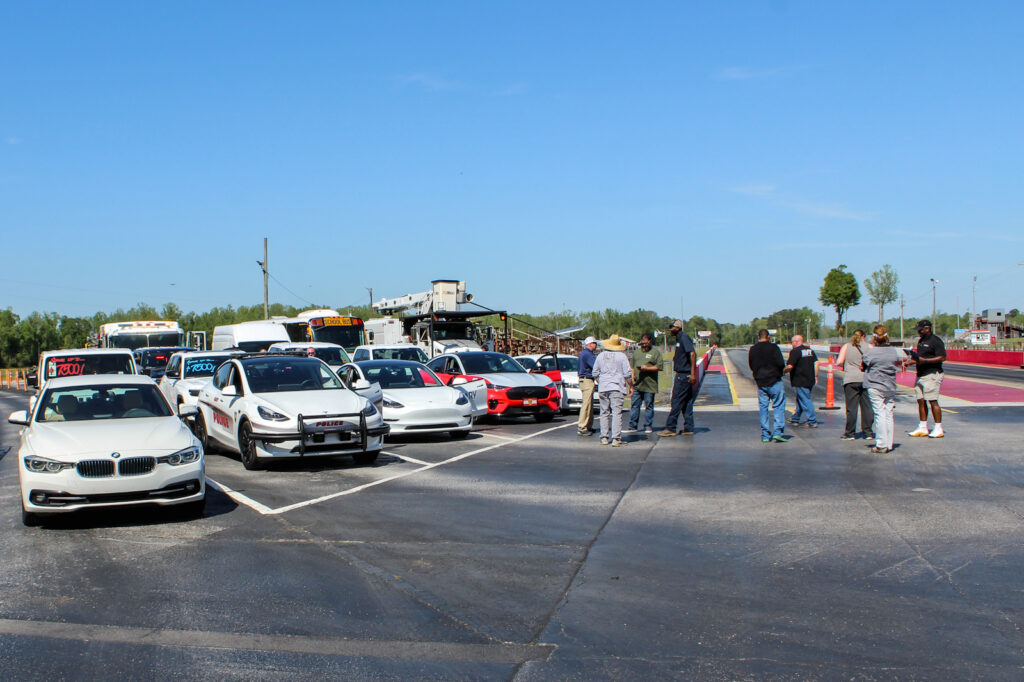
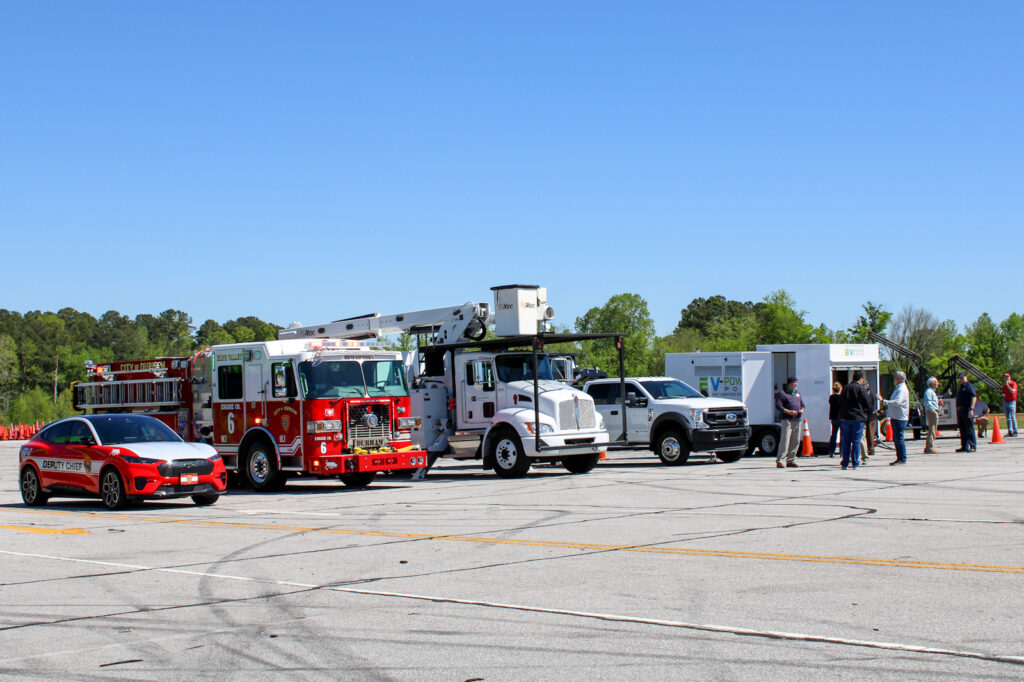
Following classroom instruction, attendees explored a diverse display of vehicles and alternative fuel technologies such as electric and alt-fuel vehicles, buses, police vehicles, utility vehicles, charging equipment and more. View the graphic below for a preview of the display lineup.
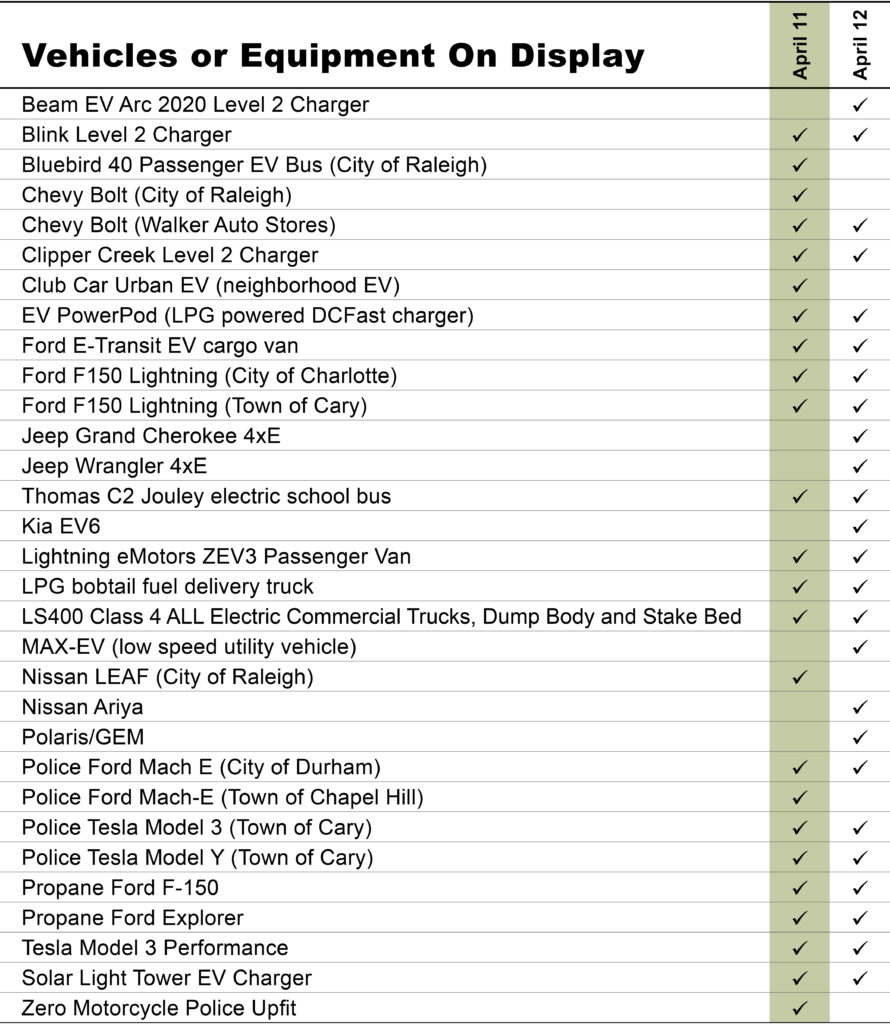
“Demonstration days are a great opportunity for government employees to gain hands-on experience with alternative fuel vehicles and network with others to learn more about the benefits of clean transportation,” said Heather Brutz, Director of the Clean Transportation program at NCCETC. Attendees were even able to test drive some of the vehicles themselves or ride-along as they took a lap around the track.
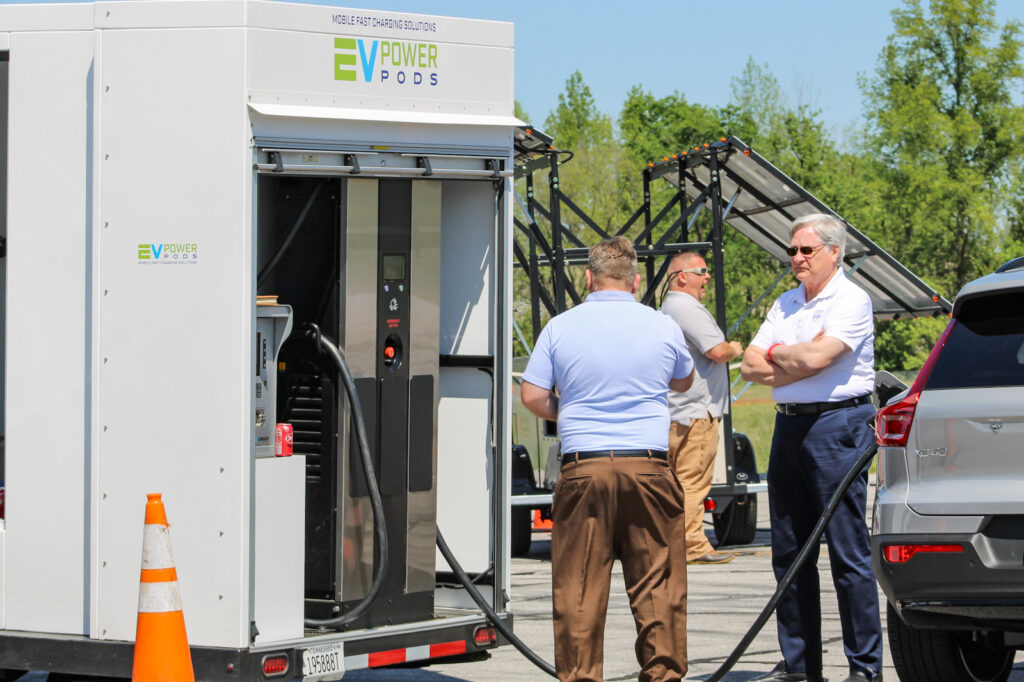
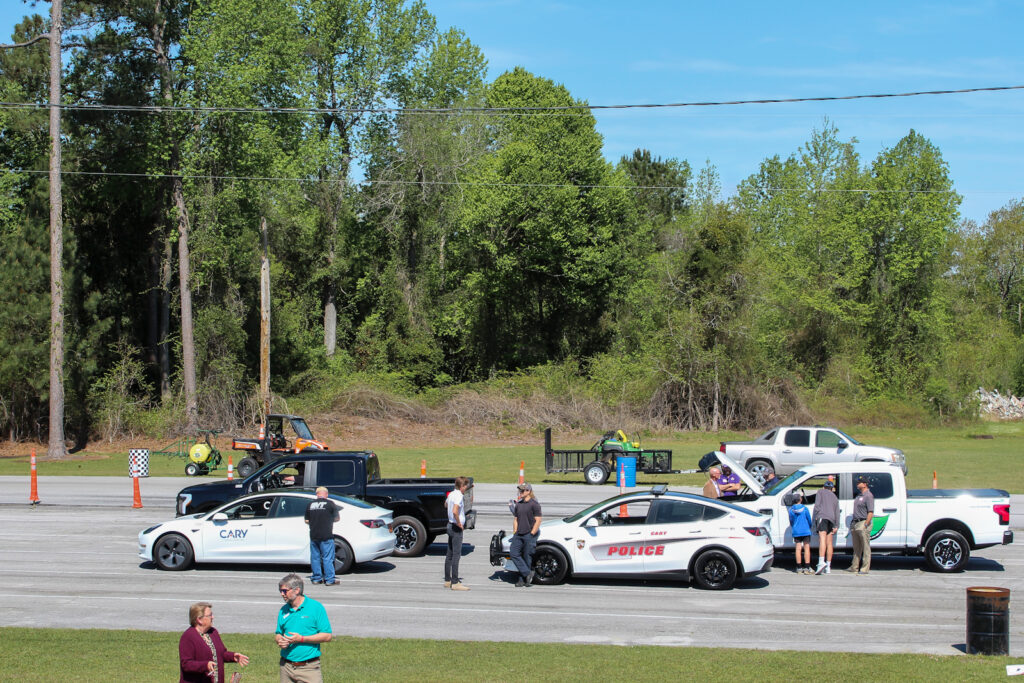
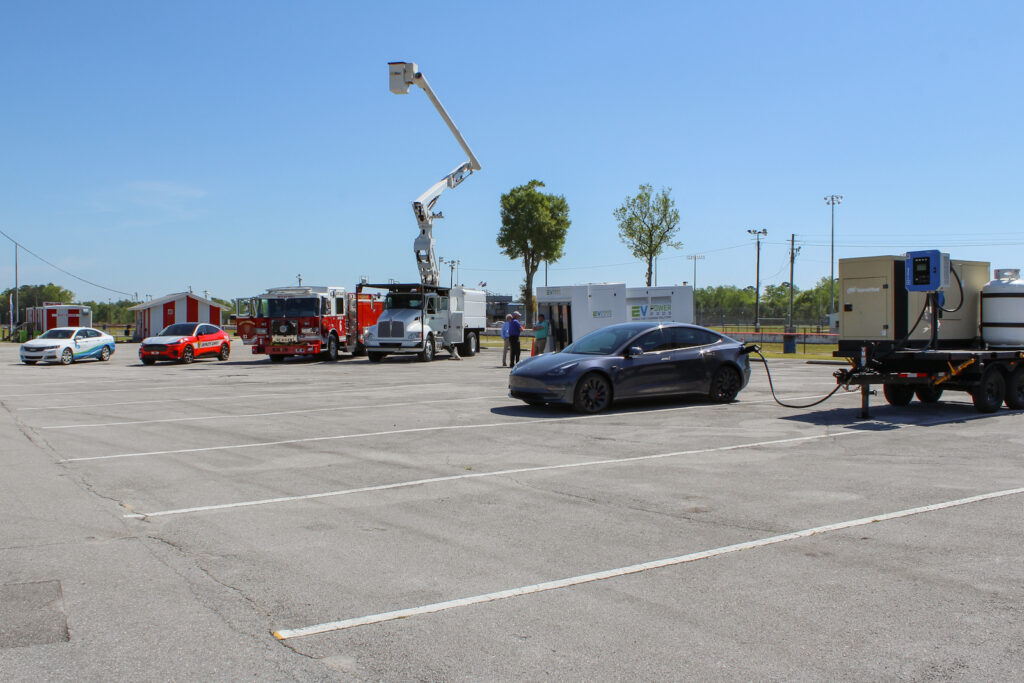
The local community in Raleigh, NC was also able to test drive electric vehicles at NCCETC’s Earth Day EV Ride & Drive at The Corner on NC State University’s Centennial Campus on April 21, 2023. Students as well as the surrounding community were invited to explore alternative fuel vehicles and grab lunch from a food truck across the street. Some of the vehicles featured at the event included a Tesla Model 3, Tesla Model Y, Tesla Model S, Ford F-150 Lightning, Ioniq Electric, Kia EV6, Kia Niro Electric, Nissan Leaf, Polestar 2, and a Toyota RAV4 Prime.
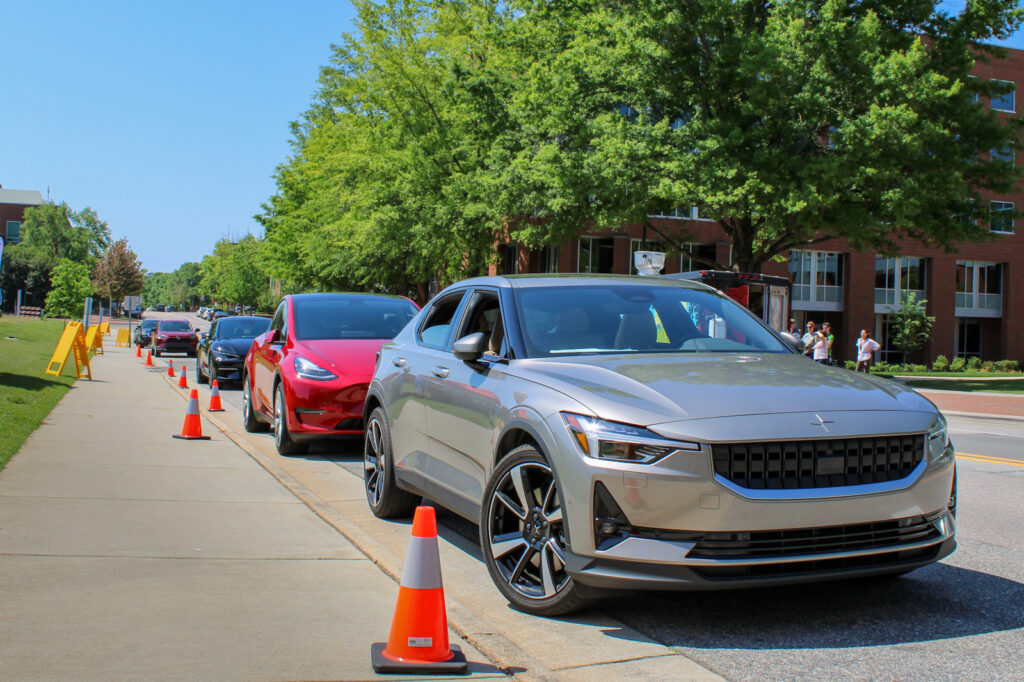
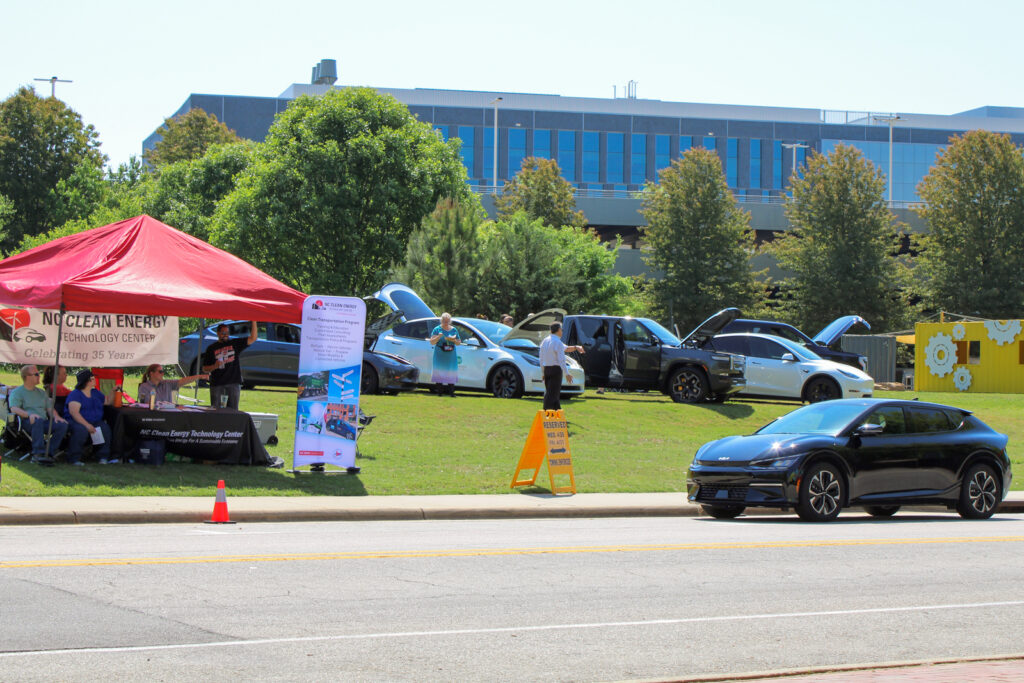
The following day, on Earth Day, NCCETC joined the Piedmont Triad Regional Council, the regional EV Association Chapter, TEVA of NC, and the Triangle Clean Cities Coalition for an electric vehicle showcase booth at the 18th Annual Piedmont Earth Day Fair. Attendees were able to see, feel and sit in EVs from the region while getting answers to questions from EV owners themselves.
NCCETC’s Clean Transportation program propels the development, awareness and use of alternative fuels and advanced transportation technologies. Our clean transportation program’s outreach and education initiatives include workshops, meetings, conferences and communication campaigns highlighting the benefits of using clean transportation technologies- from alternative fuel to sustainable fleet management.
NCCETC recently published two new resources to support individuals and organizations planning a ride and drive and vehicle display event:
- NC Ride and Drive and Vehicle Display Guidebook for the General Public
- This guidebook provides answers to frequently asked questions about hosting Ride & Drive and Vehicle Display events to target the general public.
- NC Ride and Drive and Vehicle Display Guidebook for Specialized Audiences
- This guidebook provides answers to frequently asked questions about hosting Ride & Drive and Vehicle Display events to target specialized audiences.
NCCETC hosts several Ride & Drive events throughout the year for a variety of audiences. For general audiences, NCCETC hosts Ride & Drive events at public events such as NC State University football games where fans are invited to explore a lineup of electric and plug-in hybrid electric vehicles before kickoff during the Alternative Fuel Vehicle Demonstration & Tailgate event.
Specialized events are held for handpicked audiences. The audience can represent special interest groups such as fleet managers, law enforcement, first responders or emergency management, policy makers, and state and local government personnel. NCCETC’s Clean Transportation Demonstration Days for government entities are one example of these specialized events.
Ride and drive and vehicle display events are one of the biggest opportunities to promote driver awareness and advance the adoption of clean transportation technologies. These events enable interested drivers to experience driving EVs and AFVs, find educational resources, and assimilate a wide variety of information about the vehicles’ operability, handling, availability, costs, environmental benefits, fun factor and more. We hope these event guidebooks will empower others to start hosting ride and drive events in their own communities!

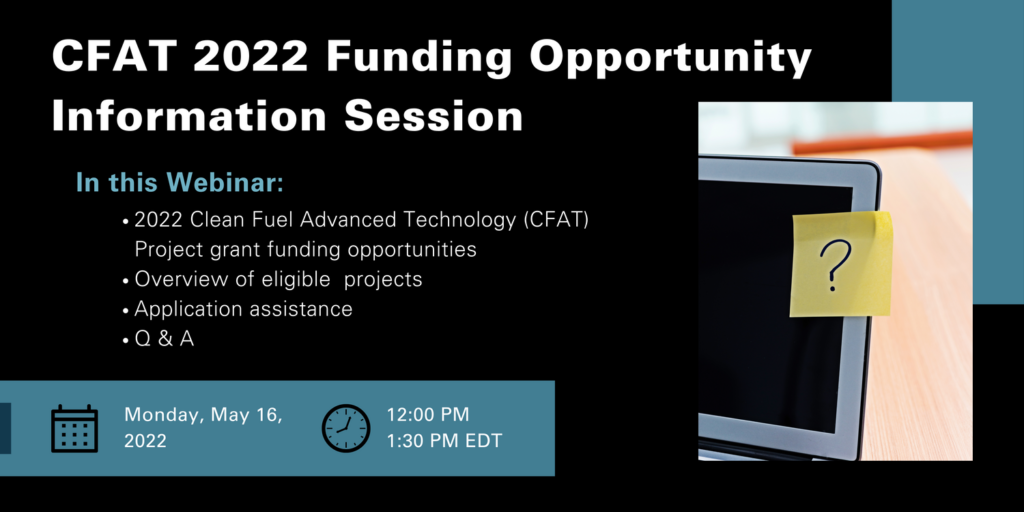
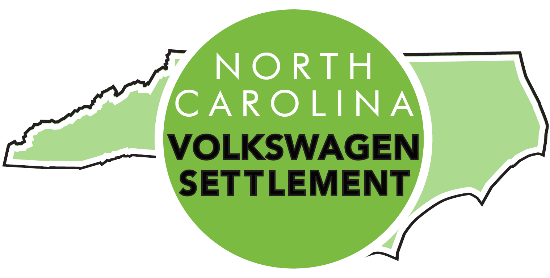
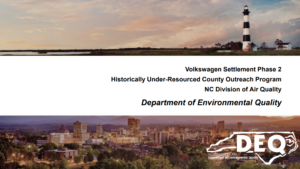 Alrik Lunsford, Heather Brutz, and John Bonitz, with NCCETC’S
Alrik Lunsford, Heather Brutz, and John Bonitz, with NCCETC’S 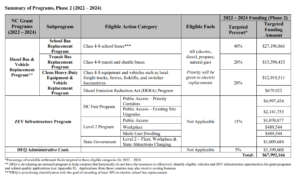
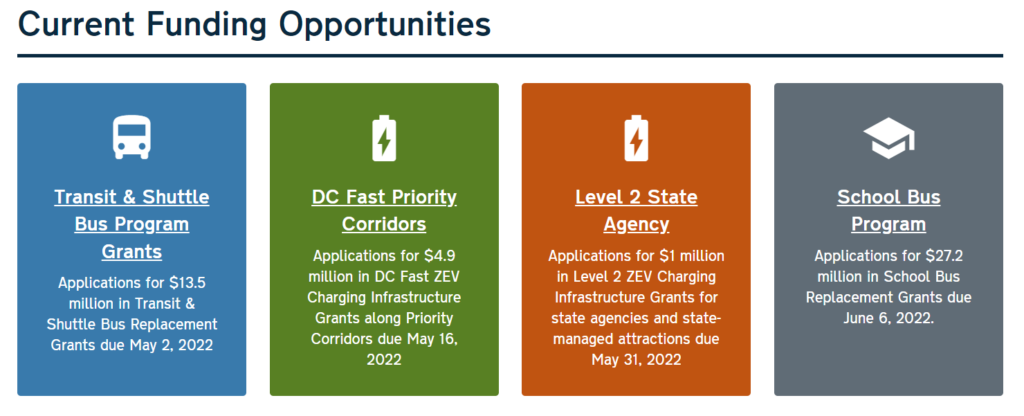
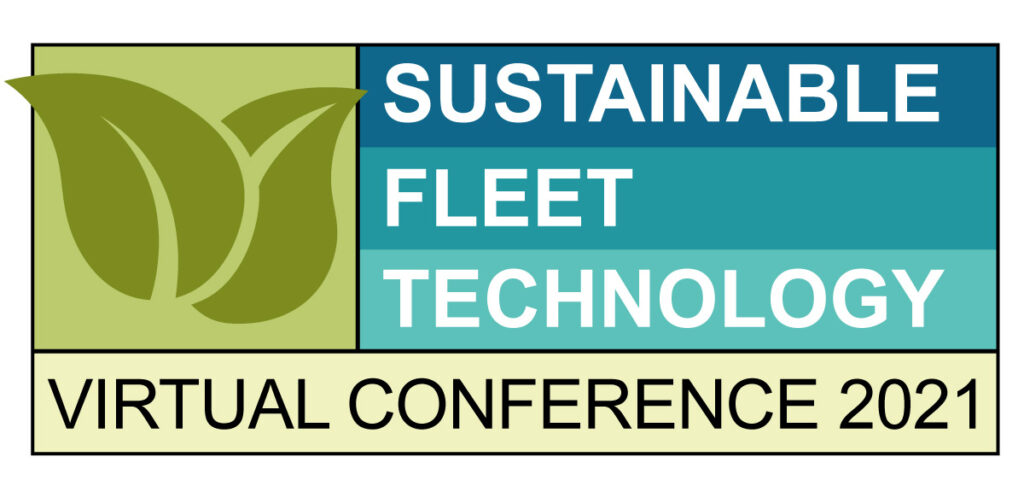
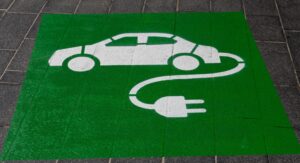 Currently, both public and private fleets in the United States are gearing up for an electric vehicle revolution as the transition towards vehicle electrification expands. Transitioning entire fleets away from conventional fuel vehicles, however, is a much more complex process than individuals deciding to go electric.
Currently, both public and private fleets in the United States are gearing up for an electric vehicle revolution as the transition towards vehicle electrification expands. Transitioning entire fleets away from conventional fuel vehicles, however, is a much more complex process than individuals deciding to go electric.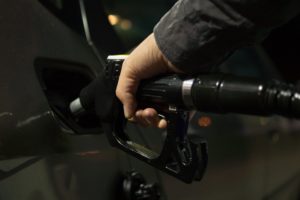 Alternative fuels such as hydrogen and natural gas have proven to be viable ways for fleets to reduce emissions and help conserve fuel. Not only are alternative fuels featured in a session on fleet decarbonization, but attendees can also learn from success stories about propane autogas and natural gas applications in addition to a session focused on hydrogen as a transportation solution.
Alternative fuels such as hydrogen and natural gas have proven to be viable ways for fleets to reduce emissions and help conserve fuel. Not only are alternative fuels featured in a session on fleet decarbonization, but attendees can also learn from success stories about propane autogas and natural gas applications in addition to a session focused on hydrogen as a transportation solution.